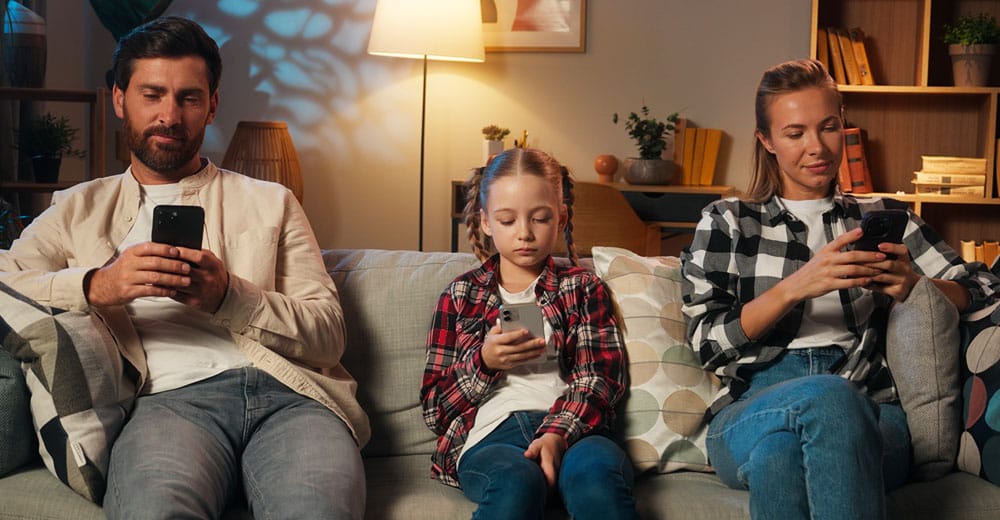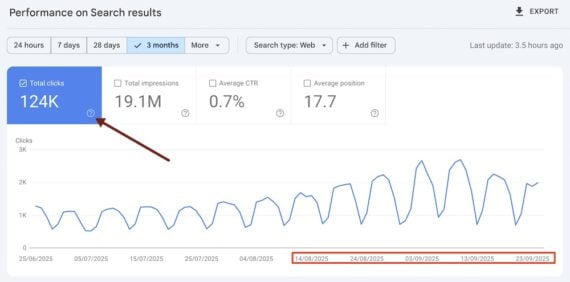
Americans could lose almost 7% of their lives noodling on social media, according to a new study by an online virtual casino resource site.
According to an online report based on data from StatCounter and Statista, Slotzilla calculated that U.S. adults spend an average of 32 days per year on social media apps. That means, over an average lifespan of 78.3 years, an American spends five years, four months, and 22 days on social media, equating to 6.89% of their lifetime.
The report “Trapped by the Screen” features interactive elements, including the ability to reveal a country’s social media usage by hovering over it on a map, calculate lost income based on hours spent using social media, and a multiple-choice quiz to determine if you’ve fallen into the social media trap.
The time-wasted and money-lost calculators in the report are not only eye-opening but also a bit terrifying, noted Mark N. Vena, president and principal analyst at SmartTech Research in Las Vegas.
“Seeing years of your life translated into hours lost on social media hits differently than just saying ‘I scroll too much,’” he told the E-Commerce Times. “These calculators turn abstract habits into concrete, sobering visuals — and could be just the wake-up call people need to reassess their screen time.”
“The calculators provide a monetary context for the time you are wasting, but they aren’t particularly accurate,” maintained Rob Enderle, president and principal analyst with the Enderle Group, an advisory services firm in Bend, Ore.
“They don’t inquire about your income, type of job, or existing work hours,” he told the E-Commerce Times. “For instance, if you are retired, the financial impact would be negligible unless you are working part-time jobs.”
Promoting ‘Doom Scrolling’
Table of Contents
“Social media apps are intentionally designed to make them as addictive as possible,” Stephanie Kakris, co-founder of ScreenCoach, of Australia, which provides screen time management services to families, said in a statement.
“Features like endless scrolling, personalized content feeds, and notifications are designed to capture our attention,” she continued. “The more time we spend there, the more data they collect, allowing targeted advertising and increasing their revenue model — at our expense.”
Social media is designed to keep users on their sites or in their apps as long as possible, added Chris Hauk, a consumer privacy champion at Pixel Privacy, a publisher of online consumer security and privacy guides. “By making it easy to scroll through photos, videos, and posts, social media encourages ‘doom scrolling,’ which leads to extending your time on social media,” he told the E-Commerce Times.
“Social media companies that are ad-based receive revenue based on the amount of time you remain on the service,” Enderle explained. “The services are designed to keep you enthralled to maximize ad revenue.”
SmartTech’s Vena agreed. “Social media platforms use algorithms to maximize engagement by serving up dopamine-triggering content that keeps you scrolling,” he said. “Features like infinite feeds, autoplay, and notifications are intentional hooks. The more time you spend, the more ads they serve — and the more money they make.”
Excessive screen usage can be detrimental in ways beyond lost time and money. For example, it takes away time spent in the “alpha state.” “This is a lovely ‘daydreaming’ state, which is critical to allow inspiration, ideas, creativity, and relaxation,” said ScreenCoach’s Kakris. “When we are always ‘on’ with screens, we feel constantly uptight, and this can also impact our ability to connect with others offline.”
Not What the Doctor Ordered
Alex Ambrose, a policy analyst with the Information Technology and Innovation Foundation (ITIF), a research and public policy organization in Washington, D.C., agreed that excessive screen usage could lead some users to neglect socializing with others in real life, leading to further feelings of isolation and loneliness.
However, she told the E-Commerce Times: “The main concern with excessive screen use is neglecting other important health considerations, like sleep or exercise. In addition, excessive use can also lead to eye strain and headaches in some users.”
“Screen time just before going to sleep can affect your sleep patterns, making it tough to get a good night’s sleep,” explained Pixel Privacy’s Hauk. “Too much screen time can also affect your personality and mental health.”
“Some experts believe that too much screen time overloads the brain with dopamine, dulling your senses and motivation,” he added.
Paul Bischoff, a privacy advocate with Comparitech, a reviews, advice, and information website for consumer security products, added back and neck issues to the list of physical health ailments attributable to excessive screen usage. On the socializing front, though, he told the E-Commerce Times, “I think we’re still learning about the mental and emotional effects of excessive screen time.”
“Excessive screen usage can also contribute to sedentary behavior, which raises the risk of obesity and cardiovascular issues,” added SmartTech’s Vena. “Mentally, it may lead to information overload and reduced attention span. The more time we spend staring at screens, the less time we invest in real-world social connections and physical activity.”
Balance, Not Abstinence
Vena recommended users make their screen time more productive by turning consumption into creation — use social media to share ideas, learn new skills, or network meaningfully. Curate your feed to follow accounts that inspire or educate you. Set intentional time blocks for social media use instead of default scrolling. “It’s not just how long you’re online,” he said. “It’s what you’re doing while you’re there.”
For managing screen usage, he suggests trying app blockers or focus modes to block personal distractions during work hours. Use screen time tracking tools to create awareness and set limits, he added, and replace idle scrolling with micro-breaks. “Take a walk, stretch, or read a physical book,” he advised. “You don’t need to go offline entirely — just be more deliberate with your online habits.”
Setting Boundaries With Intention
Comparitech’s Bischoff urged users to be proactive. “When you unlock your phone, have a goal in mind, and don’t just mindlessly scroll,” he said.
For families, screen time limit settings and prompts to take breaks can be particularly valuable. “For parents, these settings are helpful for creating healthy boundaries for children,” the ITIF’s Ambrose observed. “In addition, certain rooms in the house, such as bedrooms or the kitchen table, can be designated ‘screen-free’ zones to limit kids’ usage during certain times of the day.”
“Social media is generally used for entertainment purposes and, like any form of entertainment, it can be used excessively and do harm,” noted Enderle. “For those who don’t have a good work ethic, it can be a massive time sink. We should also be teaching kids more aggressively how to better manage their screen time, specifically, and free time in general.”
“This isn’t just about tech,” added Vena. “It’s about attention and well-being.”
“The challenge isn’t eliminating screens but reclaiming control from platforms that are engineered to steal it,” he continued. “Small choices — like turning off notifications or setting a 30-minute scroll limit — can snowball into huge lifestyle gains. The goal is balance, not digital abstinence.”





